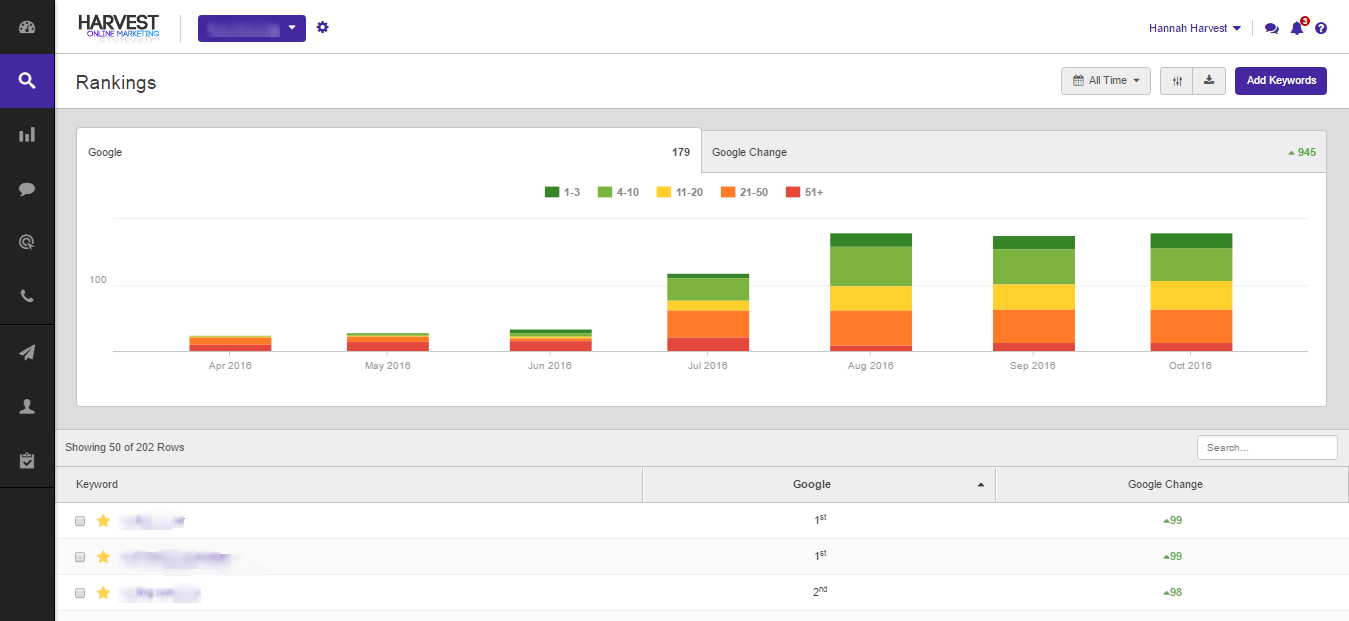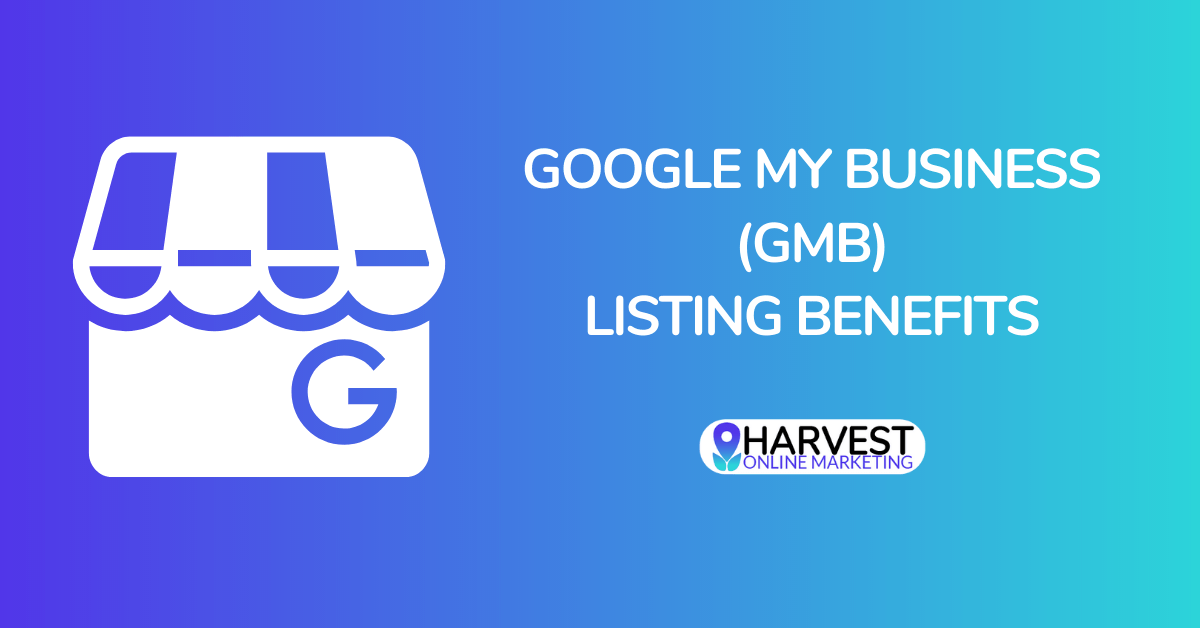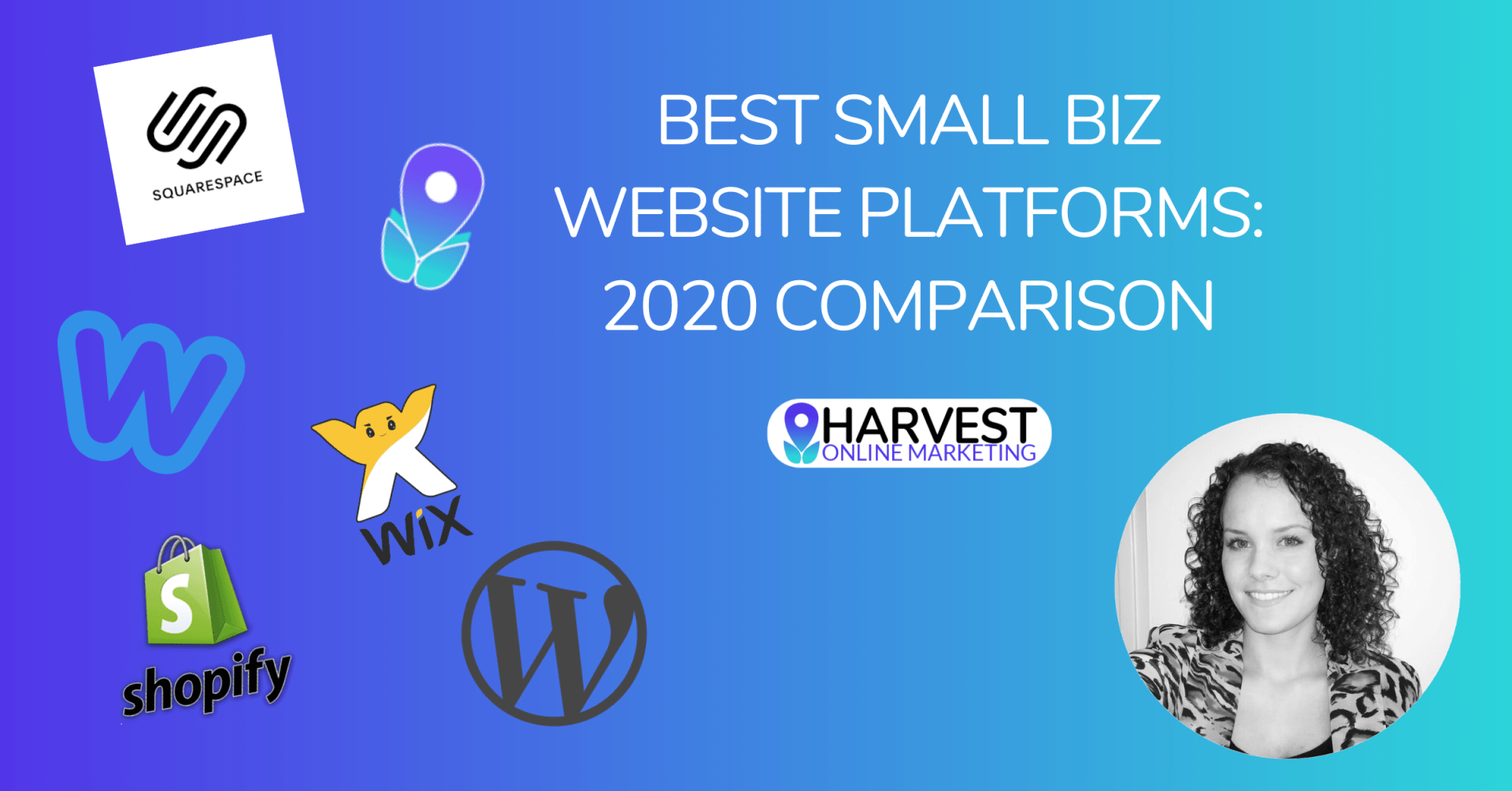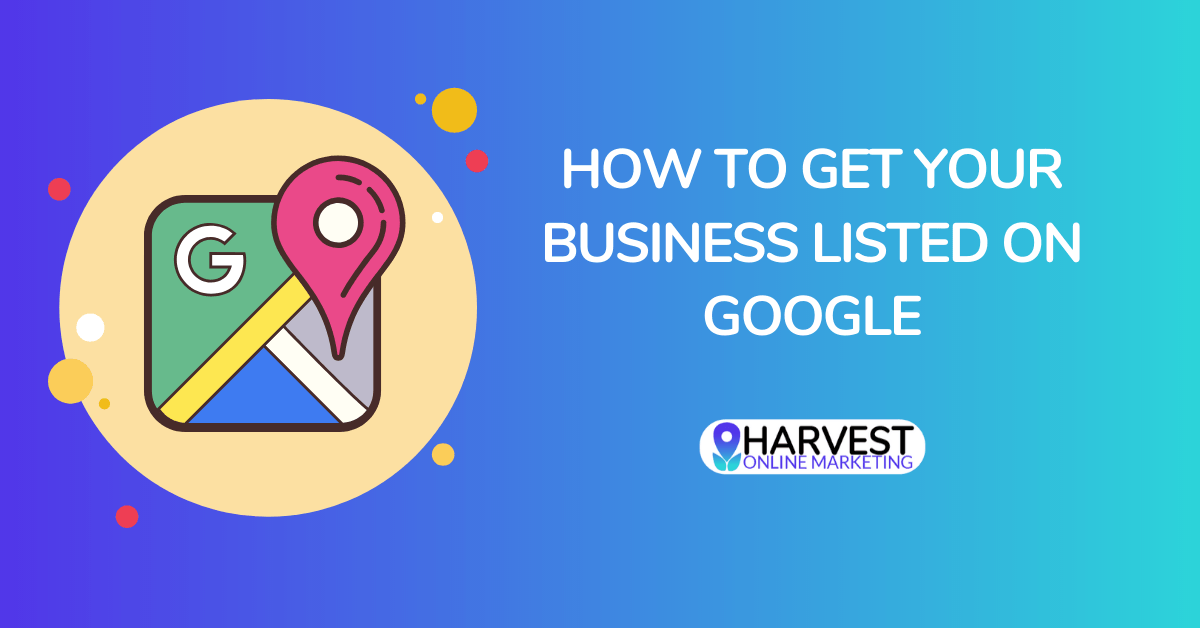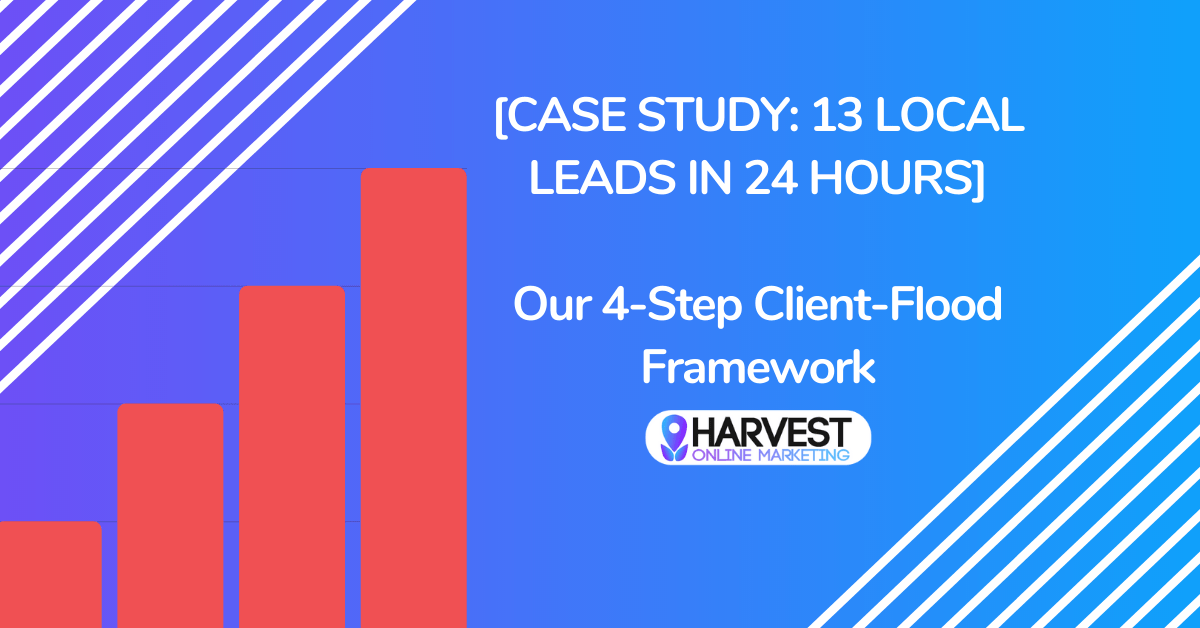
Instantly Boost Rankings With The Perfect Page Title (5 Requirements)

-
Hey, I'm Hannah - owner & author.
ButtonI've been helping small businesses use data and design to grow for over a decade. I hope you're next!
Today I’m going to talk about how to write the perfect page title and give 5 specific requirements/guidelines that I apparently follow without realizing it, and only now laid it down as a process out of necessity for a client.
Bare with me – normally I would completely roll my eyes at this post if I saw it on Moz or SELand, but after a recent conversation with a client regarding an extremely high competition page where they were asking why I was making certain word/phrase choices, I realized there really is a lot of thought that I put into it without realizing it because I’ve been doing it so long. And it will likely help others who are trying to optimize their pages!
First off, many people who are completely new to SEO will have no idea what a page title is. So let’s get that out of the way. Skip the next couple paragraphs if you already know.
A page title in SEO terms, also called a meta title, is what is between the <title> and </title> tags within your page’s source code. It can be different from the blog post name. For example, the name you see on the actual page for this post will likely be something click-baity like “How to instantly get more traffic with your page titles..” however for SEO purposes, the meta title will be something like “How to Write Page Titles for SEO | Maven blah blah blah”
The page title is what shows up in search engines when your page comes up in someone’s search. It’s also one of the most important factors (out of over 200, ha) that Google looks at when deciding what spot to put your page in, and it’s one of the easiest things to change . So if I want people to find my post when they search for “how to write the best page title,” I’m going to make sure that’s in the actual meta title.
Page titles are so important that at a previous company, we had a developer make a mistake when installing a new plugin that made all of the page titles on a website exactly the same (just their brand name), and they lost almost all of their rankings overnight. They jumped back up to their original positions within about 48 hours of fixing it.
Onto the good stuff…
Getting a great page title can impact your rankings almost instantly . This is not to say that you’ll change your page title and then rankings will truly go up a soon as Google recrawls the page, but it means that the page title is one of the few tiny things you can change that can have a direct impact on rankings once Google decides what it thinks about the new title. (Obviously, this is not taking into consideration Google’s “transition rank” patent where they literally mess with your rankings to freak you out a bit after making a page change to see if you’re trying to screw with them.. but that’s a topic for another day. The point is changing a page title takes just a few seconds and can have a direct impact, unlike many other SEO changes.)
Now, the page I was consulting on to come up with this little guide is going for a huge keyword. Let’s pretend it’s business loans . So the situation was that the client had “Private Business Loans” EVERYWHERE on their page – in the title, in all of the headings, and repeated throughout the content at a huge density. I made recommendations to expand this in a few ways, adding variations and taking out some of the over-optimization. One of the recommendations was for the title, which I wanted to change from something like:
Private Business Loans | Brand Name
To something like:
Business Loan Options | Best Private Lenders for Companies | Brand Name
Why?
- The main keyword should be first within the title
- There also needs to be variations of the keyword to increase your relevancy footprint in Google – remember, Google loves topics these days, not single keywords. Hence the addition of “Companies” and “Lenders” which are synonyms for “Business” and “Loans” – Google is smart enough to know this.
- Every existing website ranking on page 1 had some variation of “Loans for Companies/Business” – we want to emulate what is clearly already working without directly copying them. Google rewards uniqueness but also has clear patterns about what they’re looking for if you evaluate the other pages already ranking.
- Getting modifiers like “Options” and “Best” in there not only helps to increase the relevancy footprint, which will make you rank higher for the main kw since Google can see it’s related (Business Loans), but will also help rank for variations like “best business loans,” etc. Now there are multiple high-value phrase combinations in here – a few examples: “best loans for companies,” “business loan options,” “loan options for companies,” “private business loans,” etc etc.
- The previously over-saturated phrase of “private business loans” is not there in that exact order, as we want to take out some of the over-optimization from the page. When Google can see that a single phrase (in this case it was “private business loans”) is repeated again and again in every important ranking factor, they’re going to assume that you’re trying to game the system, and just not rank you.
- This one is an SEO 101 tip for you readers as the client already knows this – all pages on your site should have a unique title. Don’t come up with a single keyword/service you want to rank for and put that on every single page.
The client was uncomfortable with the wording as they felt “lenders for companies” was an awkward phrase, so I illustrated how competitors on page 1 are winning with that type of phrasing, and then opened the title to different phrasing suggestions as long as they followed the above points.
We’ll see what the client chooses – what’s important is that now they know exactly how and why I came up with that phrasing, and will likely be able to write better, more competitive titles in the future on their own due to the competitive research and thinking I laid out. It’s very rare that I go into this level of background detail for clients since many aren’t interested – usually all they see is the recommendation of “change your title from this to that” and think that it took seconds to come up with.
In this case I’m hoping it will help more business owners write better titles instead of defaulting to “Keyword – Brand Name,” as it’s very rare that Google will reward that level of obviousness and lack of uniqueness if the industry is super competitive. To be clear, sometimes that format actually is the best option as writing titles is not a cut and dry process, and really depends on the existing search landscape. This guide is intended more as general advice rather than a hard and fast set of rules.

We are a digital marketing agency that helps small businesses get in front of their perfect local customers online, and look great while doing it.


